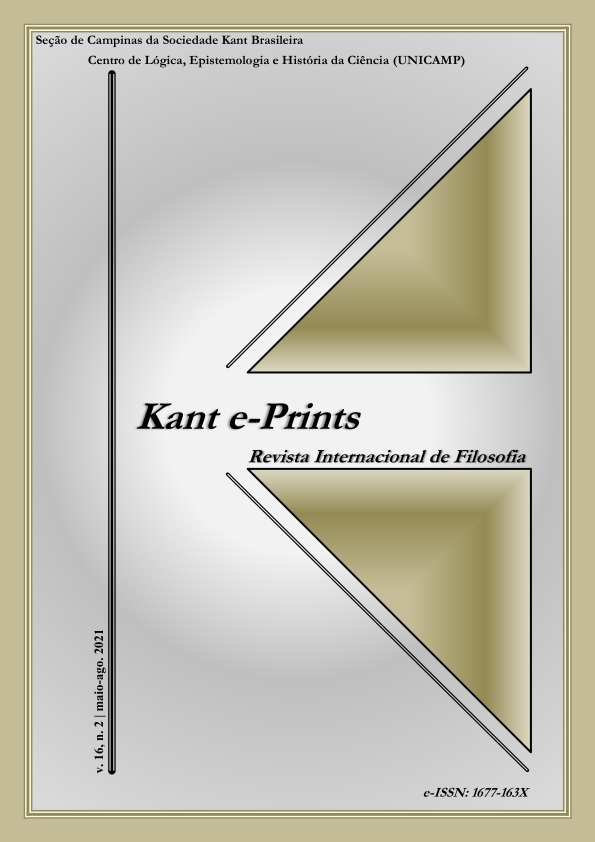Abstract
The main goal of the paper is to show that Cassirer’s philosophy of symbolic forms may be viewed as a culmination of efforts of those thinkers who at the turn of the 19 th and 20 th century were a part of the so called anti-positivist movement. The paper focuses fore and foremost on those philosophers who in their attempts of grounding and defining Geisteswissenschaften were following the initial idea of Immanuel Kant’s transcendental philosophy. Cassirer’s symbolical monism is presented as an attempt of identifying that “original need of human mind”, an attempt which ultimately paved way for determining and establishing a distinctively different type of reflection than the one found in natural sciences, despite all the multifariousness of seemingly unreconcilable results arrived at by different thinkers. The author argues that Cassirer’s conception – unlike those found in the works of Droysen, Dilthey, Rickert or Windelband – strives to ground Geisteswissenschaften’s conditions of possibility not on the Kantian concept of determining judgment, but on a concept of reflective judgment, i.e., not on the Kantian concept of the scheme, but on concept of symbol which in turn makes it possible to establish a methodological and symbolic-cultural unity of both natural sciences and humanities.

This work is licensed under a Creative Commons Attribution-NonCommercial 4.0 International License.
Copyright (c) 2021 Przemysław Parszutowicz
